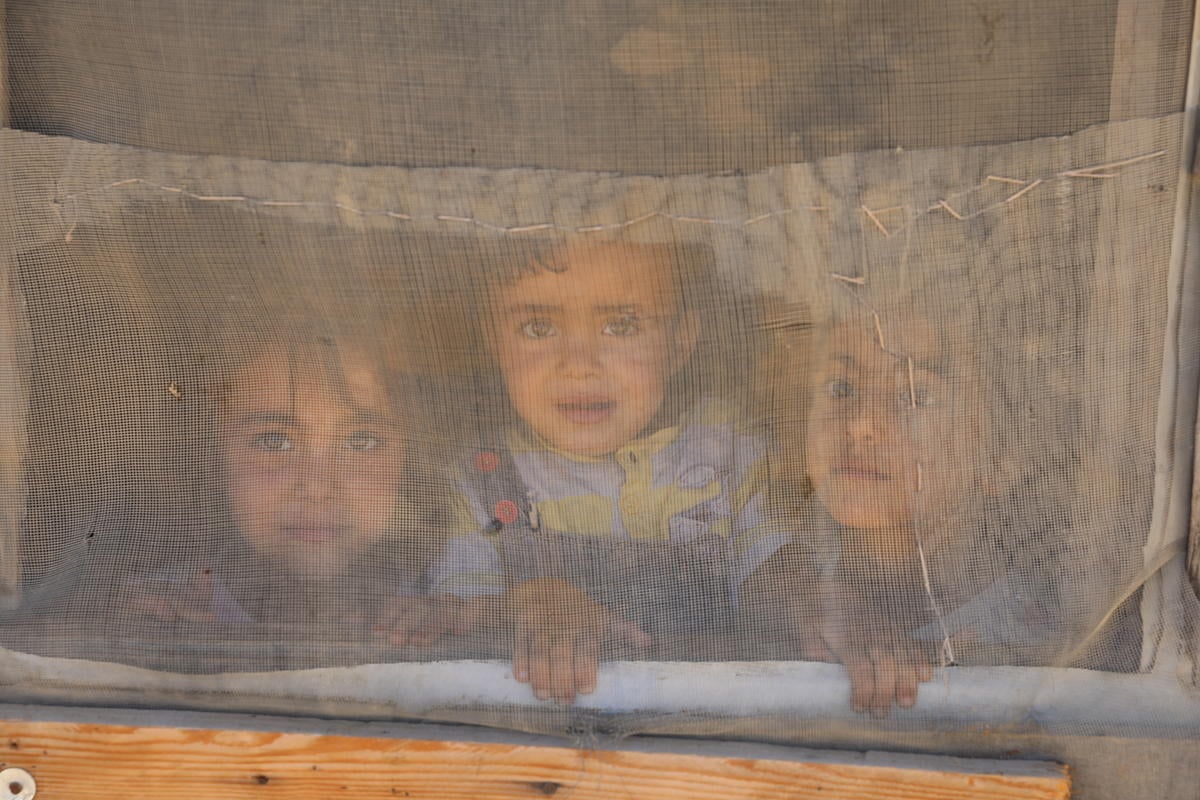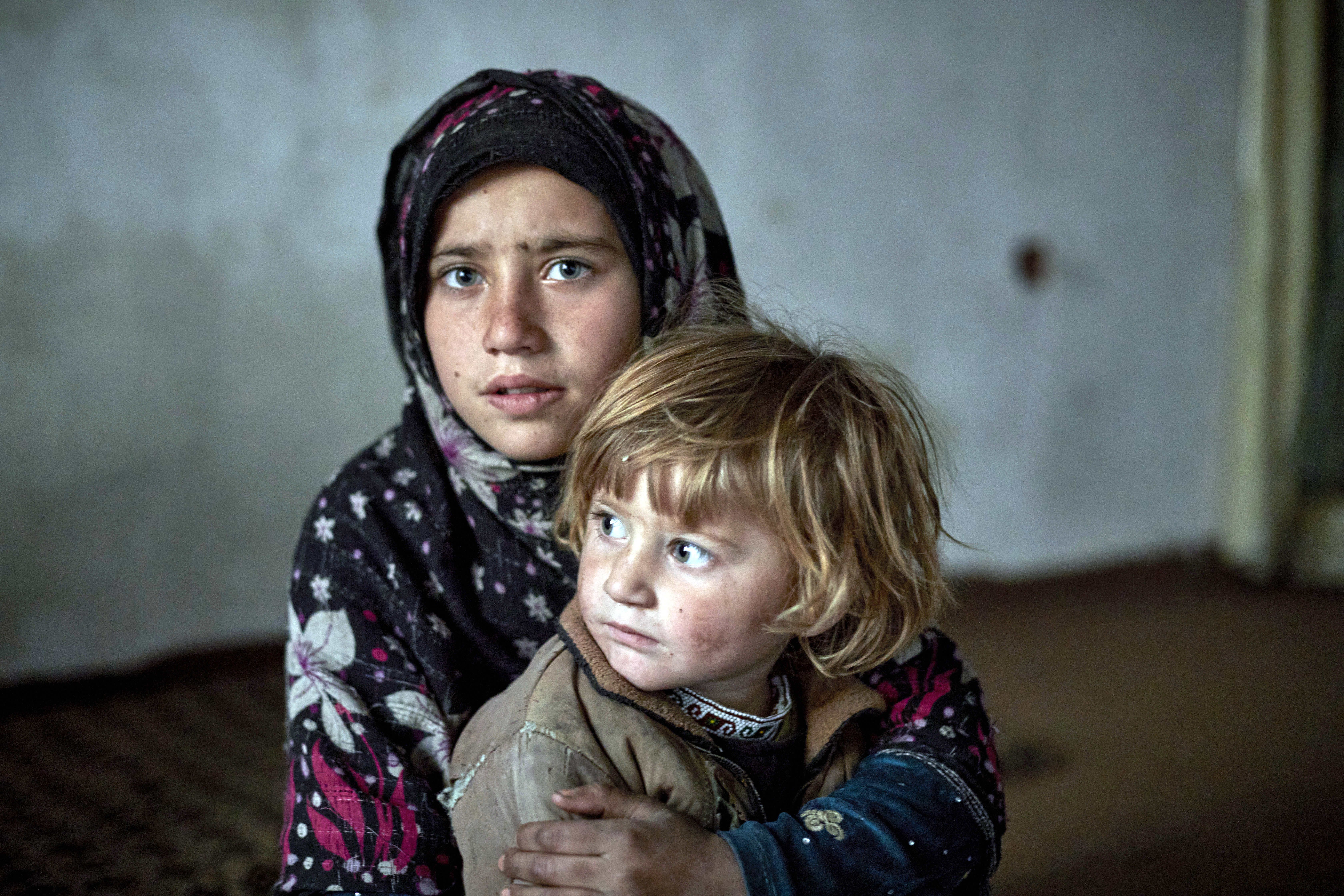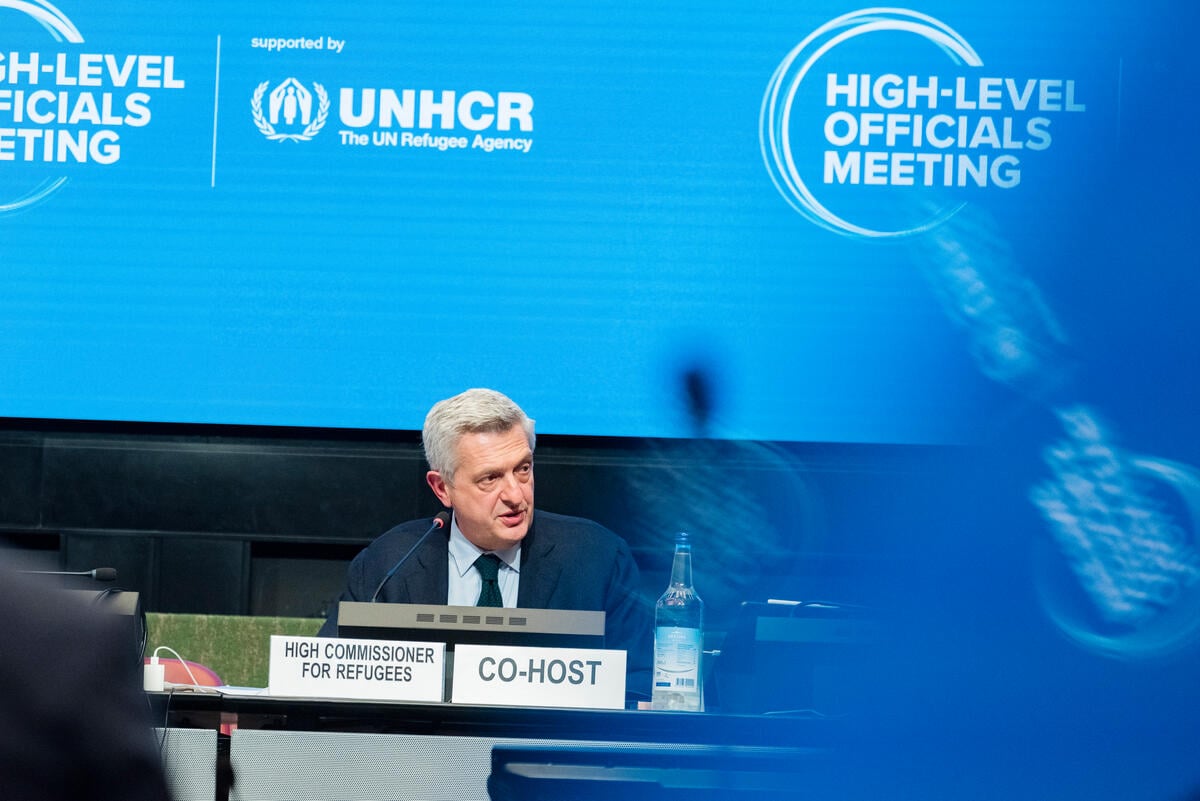UNHCR meets 2007 resettlement referral target for Iraqi refugees
UNHCR meets 2007 resettlement referral target for Iraqi refugees
12 December 2007
GENEVA - The UN refugee agency on Tuesday announced that it had exceeded its target of 20,000 Iraqi refugee resettlement referrals for 2007. By December 7, UNHCR had transferred the files of 20,472 of the most vulnerable Iraqi refugees for consideration by 16 resettlement countries, including the United States, Australia, Canada, Sweden, New Zealand, Ireland, Brazil, Chile, Finland, Norway, Denmark, the United Kingdom, Netherlands, Ireland, Spain and Germany.
A total of 14,798 files have been submitted to the United States, while Australia (1,796), Canada (1,512), Sweden (938) and New Zealand (266) are also among the top five receiving countries.
"With three weeks to go before the end of the year, we are, however, extremely concerned about the low rate of departures to date," said Vincent Cochetel, Deputy Director of UNHCR's Division of International Protection.
By December 1, a total of 4,575 Iraqis had actually left for resettlement countries - about 22 percent of the total referred cases. Of the 4,575 resettled Iraqis, 2,376 went to the United States, 747 to Canada, 745 to Sweden, 456 to Australia and 122 to the Netherlands. The remainder went to other countries. UNHCR has consistently encouraged resettlement countries to speed up their procedures to enable the most vulnerable Iraqis to depart as soon as possible.
More than 4.5 million Iraqis are currently uprooted - 2.4 million inside Iraq and nearly 2.2 million outside - most of them in Syria and Jordan. Only a small fraction of the most vulnerable can realistically expect to be considered for resettlement to third countries, which must themselves offer places. UNHCR estimates there are still some 80,000 to 100,000 extremely vulnerable Iraqi refugees in the Middle East in need of resettlement. There are several categories of people considered for resettlement, including torture victims; women at risk; urgent medical cases; female-headed households; members of minority groups and others.
"The security situation inside Iraq remains a concern and at this stage UNHCR is not promoting return to the country," said Radhouane Nouicer, UNHCR's Director for the Middle East and North Africa. "We all hope that the situation in the country will continue to improve. Pending this improvement, resettlement will remain one of the solutions for the most vulnerable and exposed Iraqi refugees."
In 2008, UNHCR has the capacity to submit another 25,000 Iraqi cases for resettlement, but this depends on firm commitments from resettlement countries to accept such numbers.
Meanwhile, UNHCR remains very concerned about an estimated 13,000 Palestinians in Iraq who are under its mandate. Some 2,000 of them have been stranded for the past year in two camps at the Iraq-Syria border. The Palestinians are under constant threat in Baghdad, while those in the makeshift border sites have recently reported increasing physical attacks and harassment. In view of their dire condition and the difficulty they have in escaping Iraq, UNHCR feels that humanitarian relocation to places of safety is their best option. But thus far, only Sudan, Chile and a few other countries have indicated a willingness to provide solutions. UNHCR hopes for a greater response from other countries.









